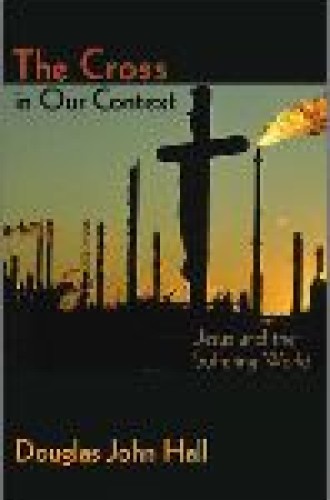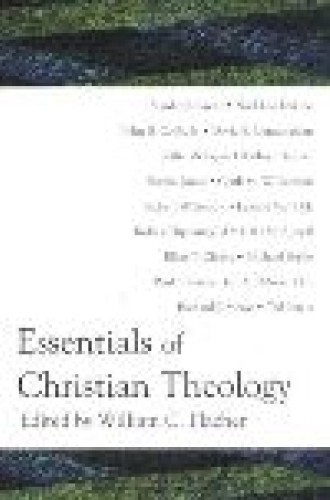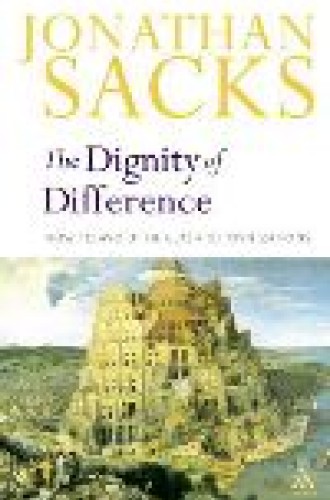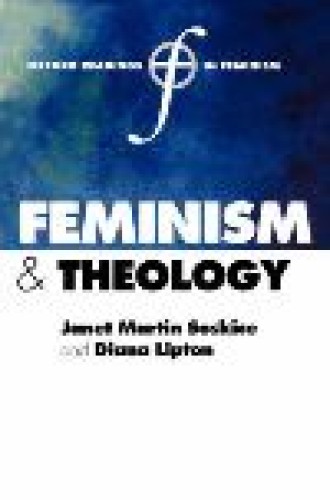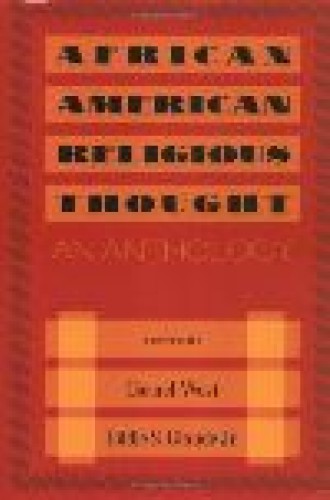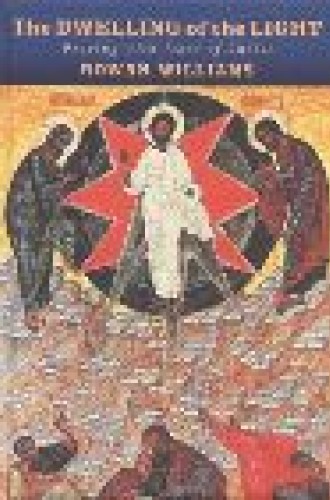Take and read
Eire, a Reformation historian, writes of his early childhood in Cuba and his wrenching exile from his family and country at the age of 11. In this lyrical memoir, triggered in part by his reaction to the custody battle over Elián González, Eire explores the burden of memory and provides a concentrated reflection on sin and evil.
The foremost articulator of a “theology of the cross” addresses the problem of Christian triumphalism in a post-9/11 world. Hall incorporates into this book the major motifs and emphases of his three-volume Christian Theology in a North American Context.
This fine new introduction to theology features dialogical essays on nine central Christian doctrines by 18 North American theologians from diverse confessional, cultural and methodological perspectives. Placher supplies a substantial introduction to each chapter.
This book, written by the chief rabbi of the United Hebrew Congregations of the Commonwealth, won the 2004 Grawemeyer Prize in religion. Sacks addresses global economic, political and environmental concerns from his Orthodox Jewish perspective, and argues that living religious faiths have an indispensable role to play in laying the foundation for a new “covenant of hope,” in which the peoples of the world do not simply tolerate but truly value cultural and religious differences.
This rich anthology introduces readers to both new and established voices in Jewish and Christian feminism. While most of the scholars represented are from North America and Britain, there are also essays by women living in Costa Rica, Nigeria, Israel, Thailand and Australia. The organization of the book around sources, identity, sacred texts, practice and embodiment reflects major themes and questions in feminist theology.
The 44 essays in this volume gather a wide range of critical reflection on African-American religious experience. The anthology is organized by historical periods, from slavery to the present, and includes essays by such premier historians as Albert Raboteau and C. Eric Lincoln. From classic texts of W. E. B. Dubois and Howard Thurman to writings by present-day theologians such as Victor Anderson and Kelly Brown Douglas, this challenging and comprehensive volume maps the intersections of African-American religion with questions of class, gender, sexual orientation, race and politics.
This slim, illustrated volume provides an accessible introduction to major themes in the theology of Rowan Williams, the archbishop of Canterbury. Based on meditations he gave to audiences in retreat settings, Williams’s book would also serve well for personal or group devotions.



